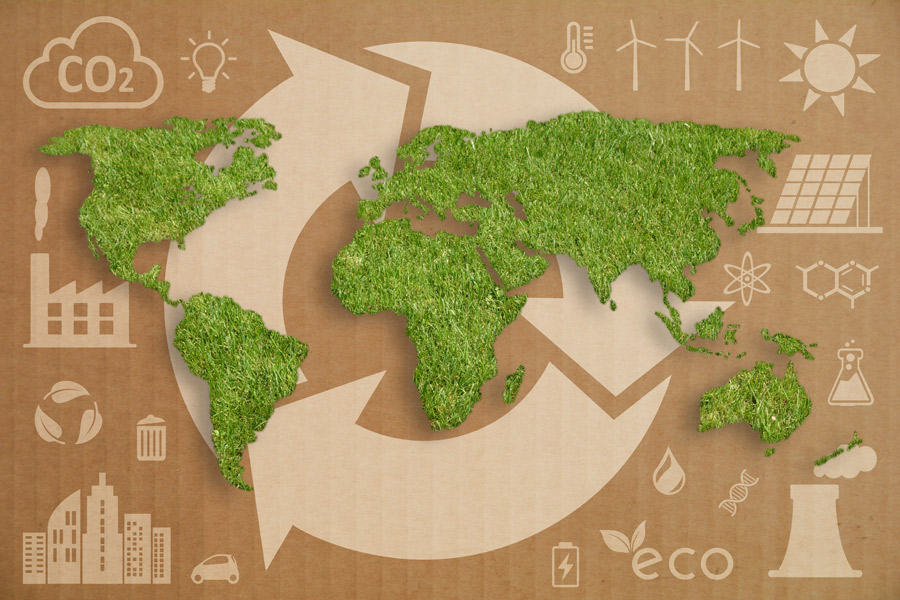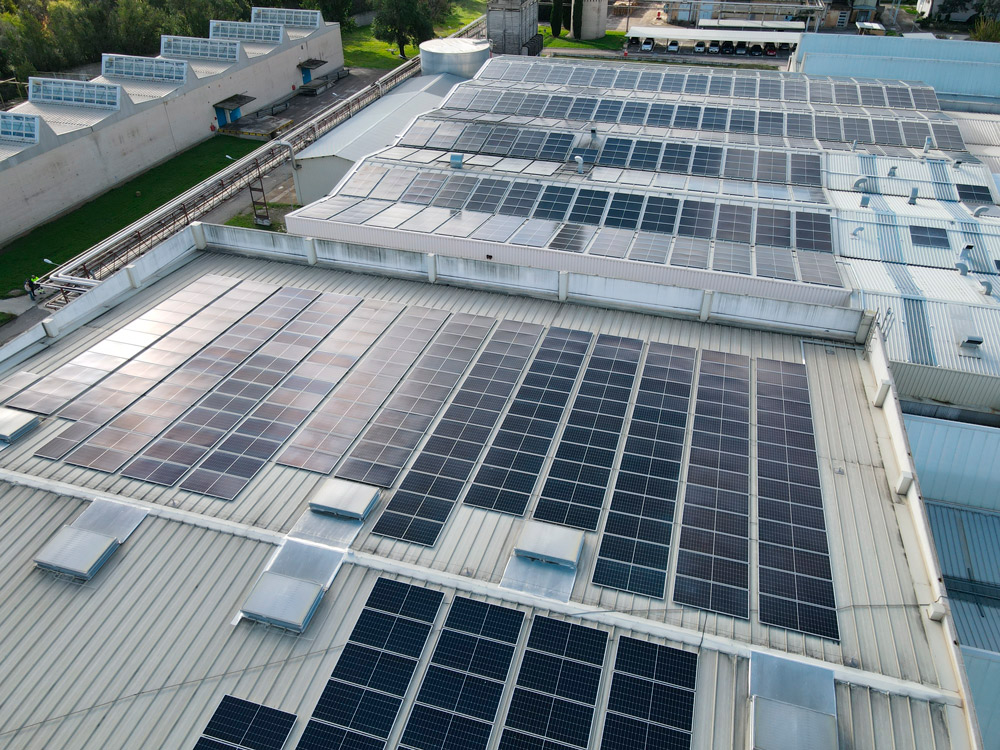COMMITTED TO THE
ENVIRONMENT
At Farmasierra Group we carry out all our activities with a great sense of responsibility, generating innovative products of high therapeutic value, providing quality services, respecting the environment and carrying out social actions.
Commitment to employment, long-term business vision and business sustainability are essential elements of our Corporate Social Responsibility.
All the companies in the group observe the established Code of Ethics and Compliance Plan.
Farmasierra Group’s fundamental commitment is to make available to society medicines, food supplements and cosmetics of proven efficacy and safety and high quality. To this end, it carries out its manufacturing and logistics operations in strict compliance with the established quality, safety and environmental standards.

Farmasierra Group regularly makes financial and medicine donations to countries and groups with special needs.
TARGETS ACHIEVED IN 2023
– 30.72%
Plastic Waste
-7.84%
Paper and Cardboard Waste
603 MW
Photovoltaic Self-consumption
-150.75 t
CO2 Emissions
RESPECT FOR THE ENVIRONMENT
One of our highest priorities is to work towards environmental sustainability and the fight against climate change.
As a manufacturer, distributor, and marketer of innovative pharmaceutical products, the Farmasierra Group includes in its Strategic Plan the strict compliance with established regulations, among which is the care, respect, and improvement of the environment in all activities it carries out, from research and development to the marketing of products. In this regard, and with the aim of optimally managing environmentally sustainable energy consumption, the Group has equipped its production plant with a large elevated surface of photovoltaic panels, as part of its ecological transition program focused on reducing the energy required to develop, manufacture, and package our products.
In addition to promoting greater control of consumption, the commitment to renewable energy represents one of the paths that must lead us to a circular economy where profitability and responsibility converge.

The Recovery, Transformation, and Resilience Plan, approved by the Government of Spain in 2021, has led to the implementation of a series of investments and reforms aimed at increasing the productivity and potential growth of both companies and individuals, allowing progress towards a green Spain respectful of the environment.

FARMASIERRA MANUFACTURING SL has received aid from the European Union under the NextGenerationEU fund, within the framework of the Recovery, Transformation, and Resilience Plan, for a solar PV installation without surplus of 535.94 kWp located on the roof of a building in San Sebastián de los Reyes, Madrid. This is part of the incentive program linked to self-consumption and storage, with renewable energy sources, as well as the implementation of renewable thermal systems in the residential sector from the Ministry for Ecological Transition and the Demographic Challenge. The program is managed by the Autonomous Community of Madrid and by the Institute for Diversification and Energy Saving.

ENVIRONMENTAL AUDITS
SUPERVISORY BODIES
Following the environmental policy of the Farmasierra Group, we regularly carry out internal and external audits to ensure that we comply with our environmental protection programme.
The main supervisory bodies and entities are
| Community of Madrid. Department for Environment |
| Tajo Hydrographic Confederation |
| SIGRE |
| British Standard Institution (BSI) |
Farmasierra Group has implemented, among other certifications, the ISO-14001 certification of environmental management systems in the development of its manufacturing and logistics activities.
Our team of experts manages the following facilities and subjects, carrying out the corresponding evaluations:
- Hazardous waste.
- Inert waste.
- Atmospheric emissions.
- Solvents.
- Cooling tower.
- Prevention of soil contamination
- Uses of water.
- Wastewater treatment.
- Energy efficiency.
- Conditioning.
- Electrical installations.
- Declaration of packaging.
- Environmental training.
- New products.

